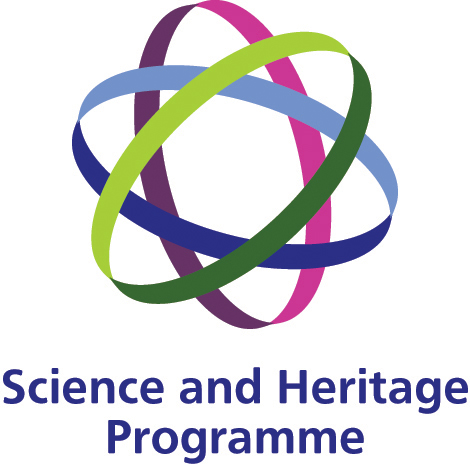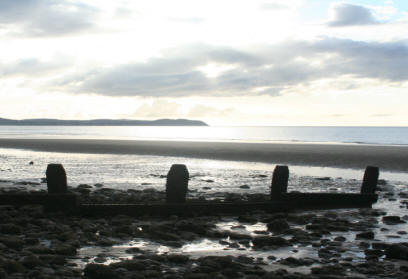Science & Heritage Cluster

Modelling, Interpretation and Alternate Representations:
Visualization technology, Heritage Buildings & Coastal Threats
About us
The network aims to further develop heritage science interest within and beyond the Welsh-Irish sea area. It builds on best practice examples, develops new visualization approaches and applies these techniques to two distinct but important forms of heritage - threatened coastal archaeological sites and buildings. It will discuss modelling informed by maritime, environmental and archaeological knowledge and by knowledge of building preservation and management. It embraces multiple disciplines and a range of heritage organisations, including the National Museums of Wales and Ireland, the National Trust and English Heritage. Subsequently the cluster will identify new research challenges through, and lead to the preparation of an 'agenda setting' report.
The House of Lords Enquiry into Science and Heritage 2006-7 included evidence from the Heads of Conservation and Science Laboratories in UK National Museums, Galleries & Libraries, plus other bodies. Visualization and modelling – and Wales and Ireland – were not well-represented in these discussions. We address this with a proposal relating to research theme 3,
interpretation and representation. We promote visualization within heritage science generally and develop heritage science within Wales and Ireland specifically. Wales and Ireland share an interest in culturally-sensitive and bi-lingual heritage provision, and are able to exploit shared funding streams in order to extend the network (e.g., INTERREG/FP7 and EPSRC/AHRC). Our network reflects widely recognised gaps within visualization and presentation and its role in heritage science. EPOCH – the European Network of Excellence in Open Cultural Heritage – recognises that three areas of visualization need fuller attention:1. ‘Tools and techniques to allow presentation of … interpretation and uncertainty’
2. ‘Authorship tools to allow non-ICT specialists … to use digital assets’.
3. ‘Novel interface techniques for exploring the resulting environments’.

Organizers
The cluster is being led by
Dr Jonathan Roberts Bangor University Sch of Computer Science, and
Professor Raimund Karl, Bangor University History Welsh History and Archaeology
The research cluster and the networking events will be coordinated by WISCA (The Welsh Institute for Social and Cultural Affairs, Bangor University)